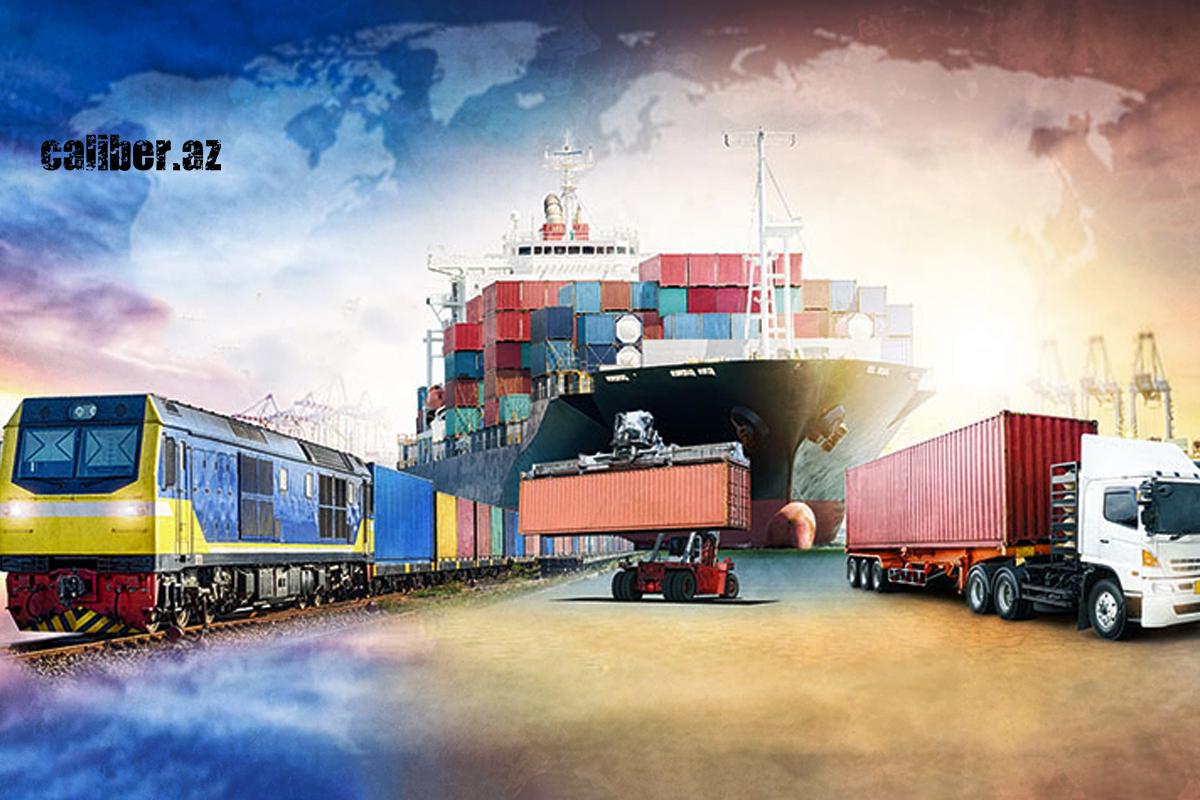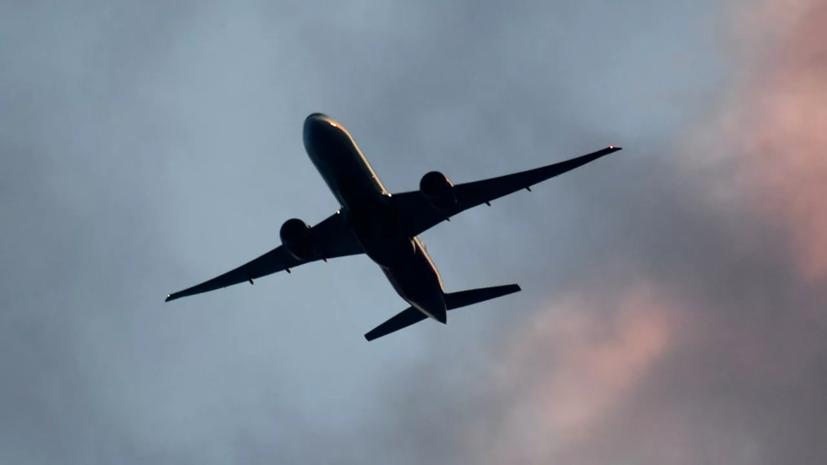"Azerbaijan's role in Russia's new reality is growing" Caliber.Az interview with Stanislav Pritchin
Caliber.Az presents an interview with Stanislav Pritchin, candidate of historical sciences, senior researcher at the National Research Institute of the World Economy and International Relations named after Y.M. Primakov of the Russian Academy of Sciences.
- China is creating new routes to Europe bypassing Russian territory: via the Europe-Caucasus-Asia transport corridor along the Black and Caspian seas. The first train has already departed from China to bypass Russia by a new land and sea route crossing the Caspian and Black Seas. The cargo is shipped to Mannheim, Germany, via Kazakhstan, Azerbaijan, Romania, Hungary, Slovakia, and the Czech Republic. Is it pragmatism or unwillingness to dispute with the West?
- China is a purely pragmatic country and considers any situation from the standpoint of preserving opportunities for trade. Even its support for Russia in its confrontation with the West is carried out with caution so as not to damage its economic interests. Of course, the difficulties that exist in the transit of cargo through Russia push China to look for alternative routes, but in terms of logistics, the Russian direction is still the most convenient and shortest route for transit. Therefore, China is rather looking for alternative routes, a certain diversification.
Beijing does not want to bypass Russia as much as possible, its priority is to make its transit routes as safe as possible, and in case of difficulties in one direction to ensure the transit in the other. The fact is that the route bypassing Russia is less economically profitable and the haul distance is much longer from a logistical point of view. Therefore, in this case, it is rather a forced measure.

- How do you see Russia's role in new transport and logistics projects? How realistic is the restructuring of the routes in the current environment? And what role can Azerbaijan play in this?
- A new reality is coming for Russia now, which makes it look for new opportunities for new routes, bypassing the restrictions that exist with regard to trade with the EU. Against this background, the role of the North-South route and directions that bypass Ukraine increases. Azerbaijan's status as a transit state increases in the current situation, because, firstly, it creates an opportunity to deliver goods to the south of Europe bypassing Ukraine, using the existing infrastructure of Baku-Tbilisi-Kars.
Secondly, there is a possibility to join the North-South ITC, in case of launching routes through Armenia.
And, of course, the completion of the transport corridor "North-South" on the Iranian territory. All of these routes in one way or another pass through Azerbaijan.
- What are the consequences of the embargo on Russian energy carriers?
- There will be no embargo on Russian energy carriers. We can see that there is a certain limitation on Russian oil, but no more than that. Russia provides about 10% of the world oil market and if that volume is suddenly lost, it will be a serious blow to the market. Obviously, no one seriously expects that such a volume of oil will disappear from the market. Yes, the supply of energy resources is complicated and there are difficulties with the ports, but the Iranian experience shows that even the most complex restrictions can be circumvented. Even such western companies as Shell are willing to look for compromise options in order to circumvent these sanctions.

- The Russian aircraft fleet is experiencing serious difficulties with the supply of parts because of sanctions. What is the future of the Russian aircraft fleet?
- At the moment, the situation for the Russian aircraft industry is really difficult. The Sukhoi Superjet and MS-21 projects, which were implemented with the participation of western partners, have suspended their cooperation. There are also difficulties with engines. The Russian aviation industry is now facing the task of creating a domestic production cycle for engines and avionics. According to the announced plans, the first MC-21 with Russian technologies will hit the market in 2024. By that time, the gradual replacement of the existing aircraft fleet will begin. Currently, international flights, including to Azerbaijan, are operated by Russian Sukhoi Superjets. The Western-made planes also fly to countries that guarantee not to withdraw Russian planes, Russian airlines' planes that are on lease.
- How critical do you think the situation with technology development is in Russia?
- Russia does not currently have the technology necessary for modern production. There are difficulties with chips and a number of other technologies. In this respect, Russia relies on cooperation with China, or on the possibility of technology transfer, through transit countries. Experience shows that this is possible. Iran was also actively using this scheme.
- What do you think about the project of nationalization of foreign companies' assets?
- According to Russian high-ranking officials, there will be no full-scale nationalization. No one will take away western companies that have suspended operations in Russia. Now there is a process of selling assets. For example, Vladimir Potanin's Interros company has bought the French banking group Societe Generale's stake in the Russian Rosbank and its insurance business. We see that there is a takeover, a re-purchase at a market price of companies that suspend their activities due to sanctions.
As for management, Russian companies are quite competitive in many respects and Russian businessmen are qualified enough to manage the same catering or consumer product companies. There are no super-technological tasks here. Besides, no one excludes the possibility of technological partnership. This is more of a hybrid form of government. Let me stress once again that nationalization is not a response to the withdrawal and suspension of activities by western companies. At the same time, we see that any import substitution projects are very actively supported now in order to create Russian analogues of the same brands and services that have left the Russian market.
As the experience of 2014 showed, after the introduction of the food embargo, a number of Russian industries received an additional impetus for development. Now at the political level, any projects are aimed at import substitution. These projects have the opportunity to receive certain preferences and support from the state, which in any case will contribute to the development, independence and self-sufficiency of the Russian economy.








